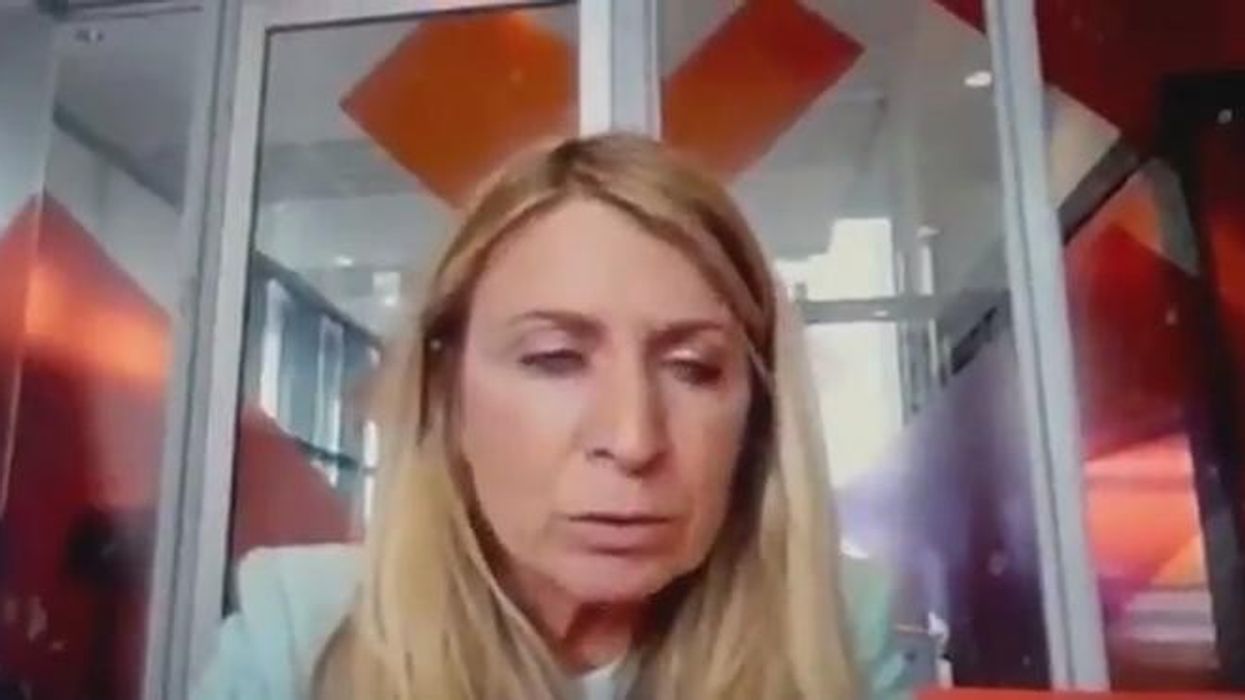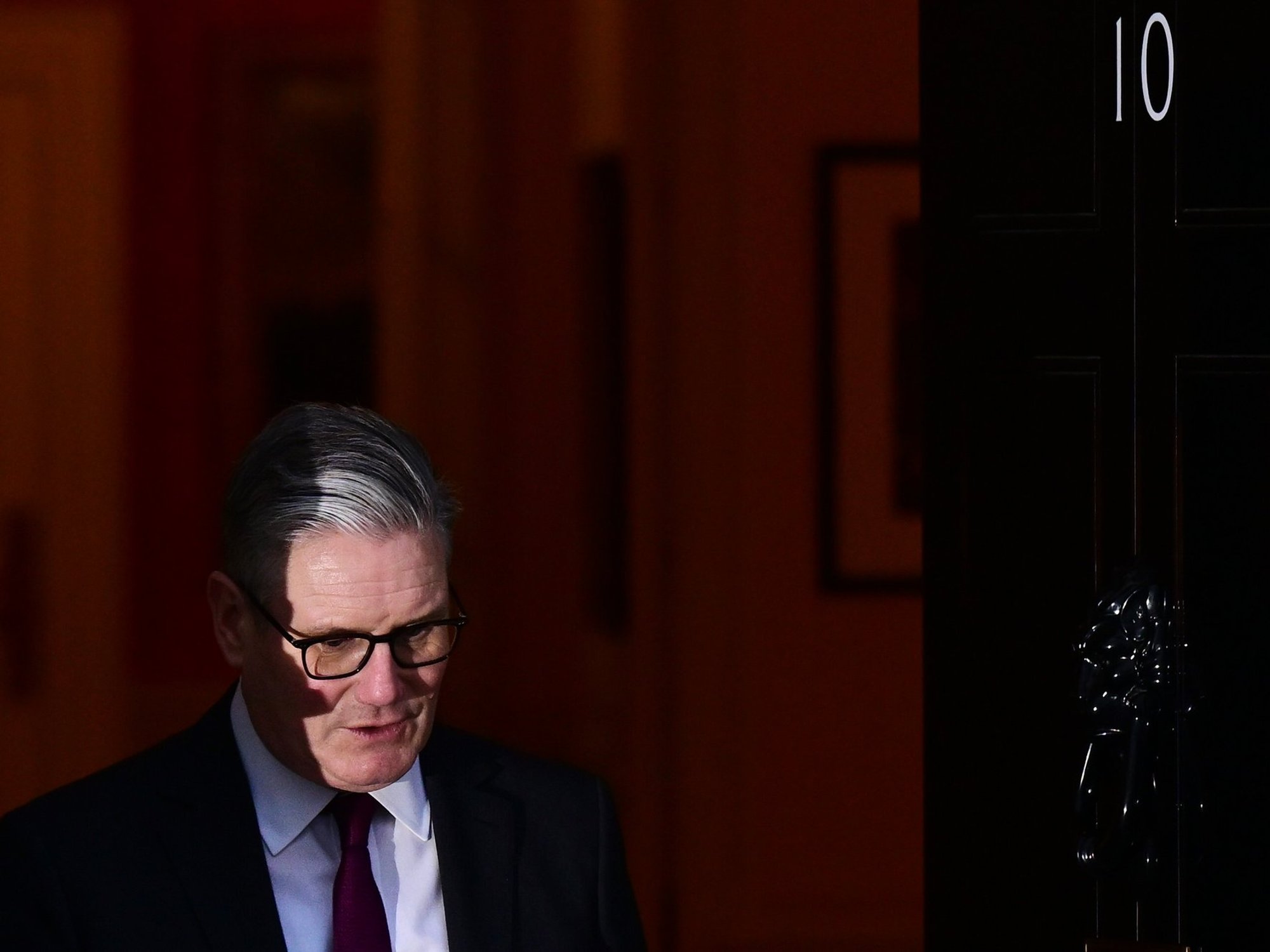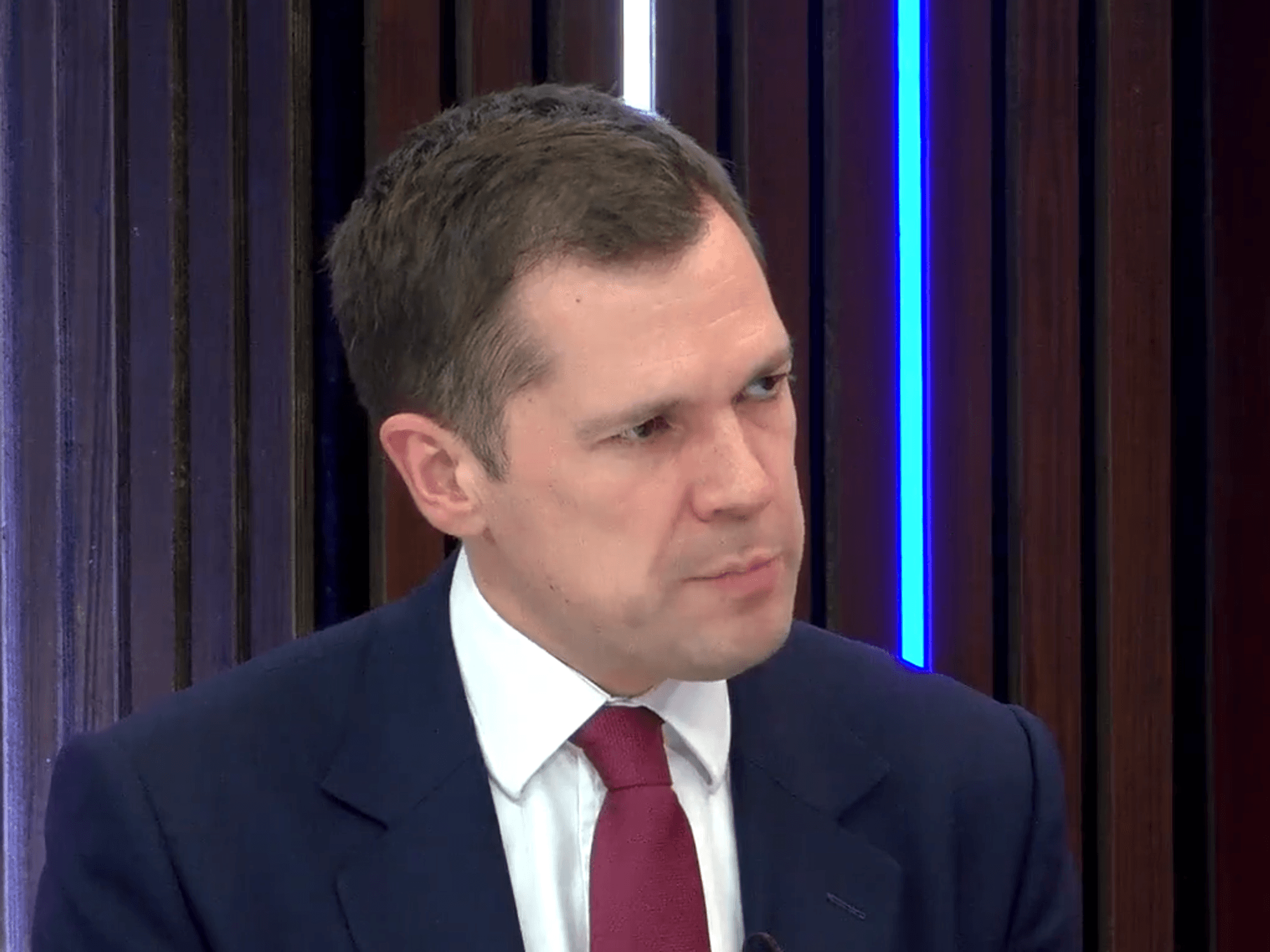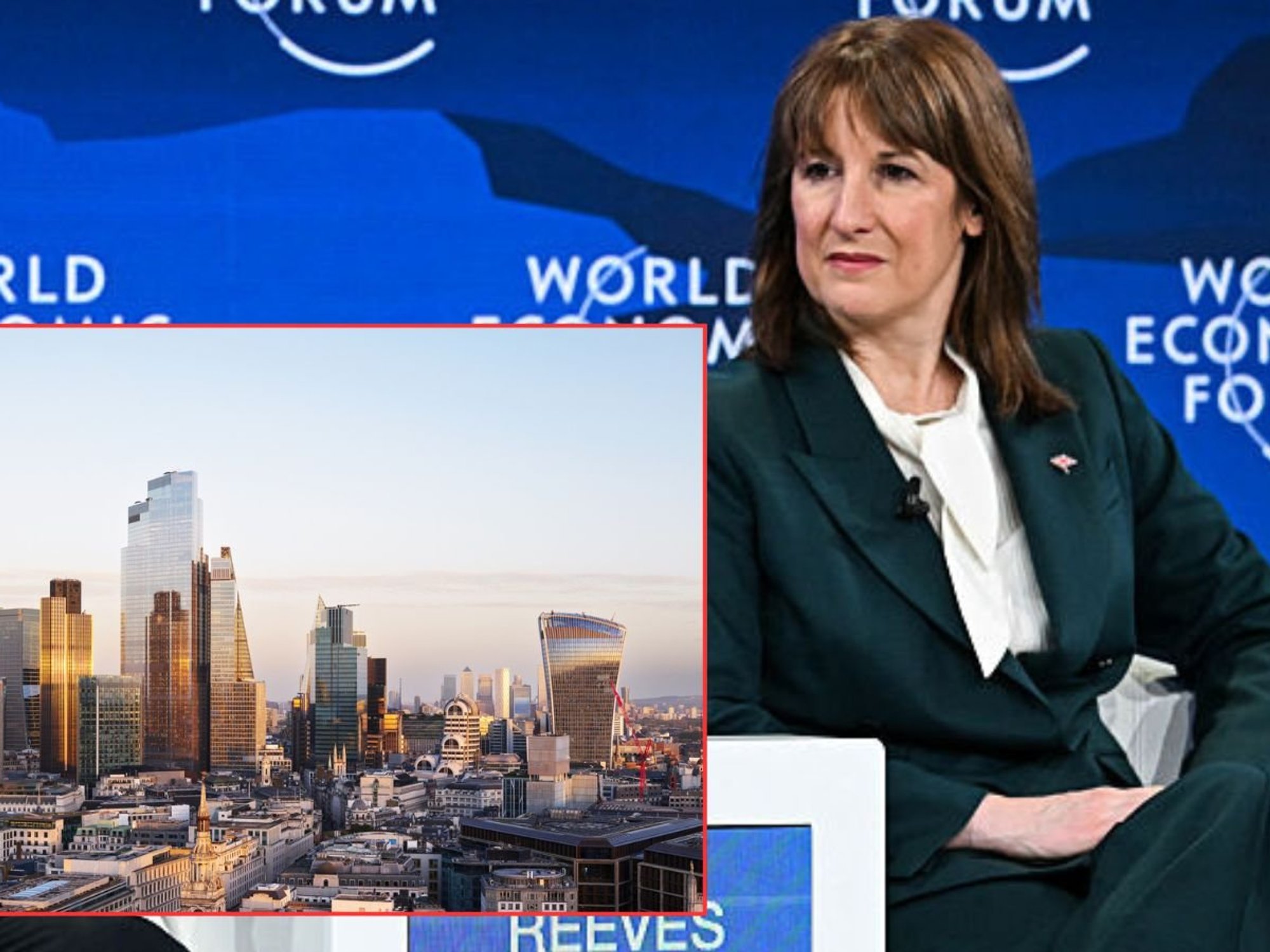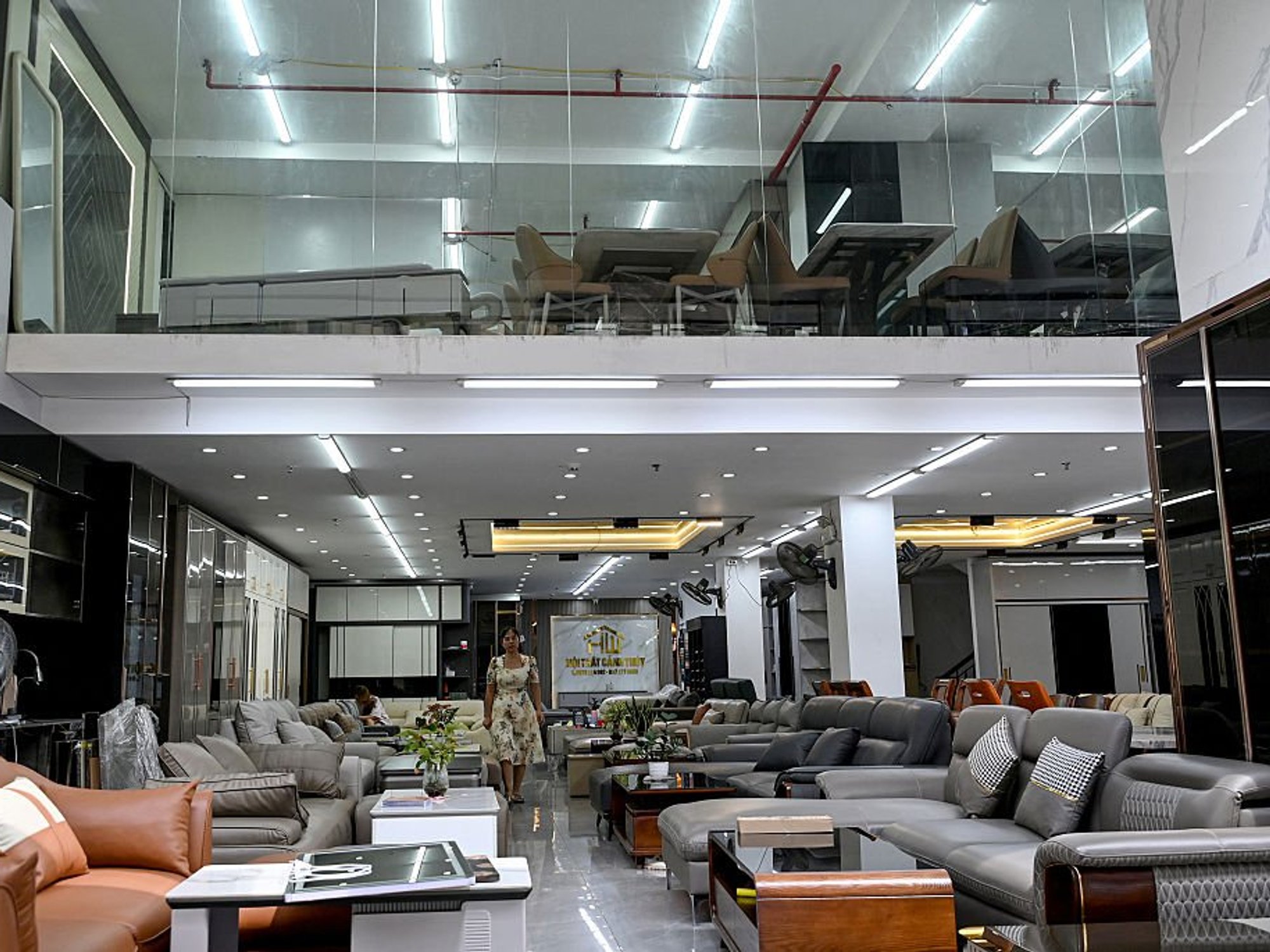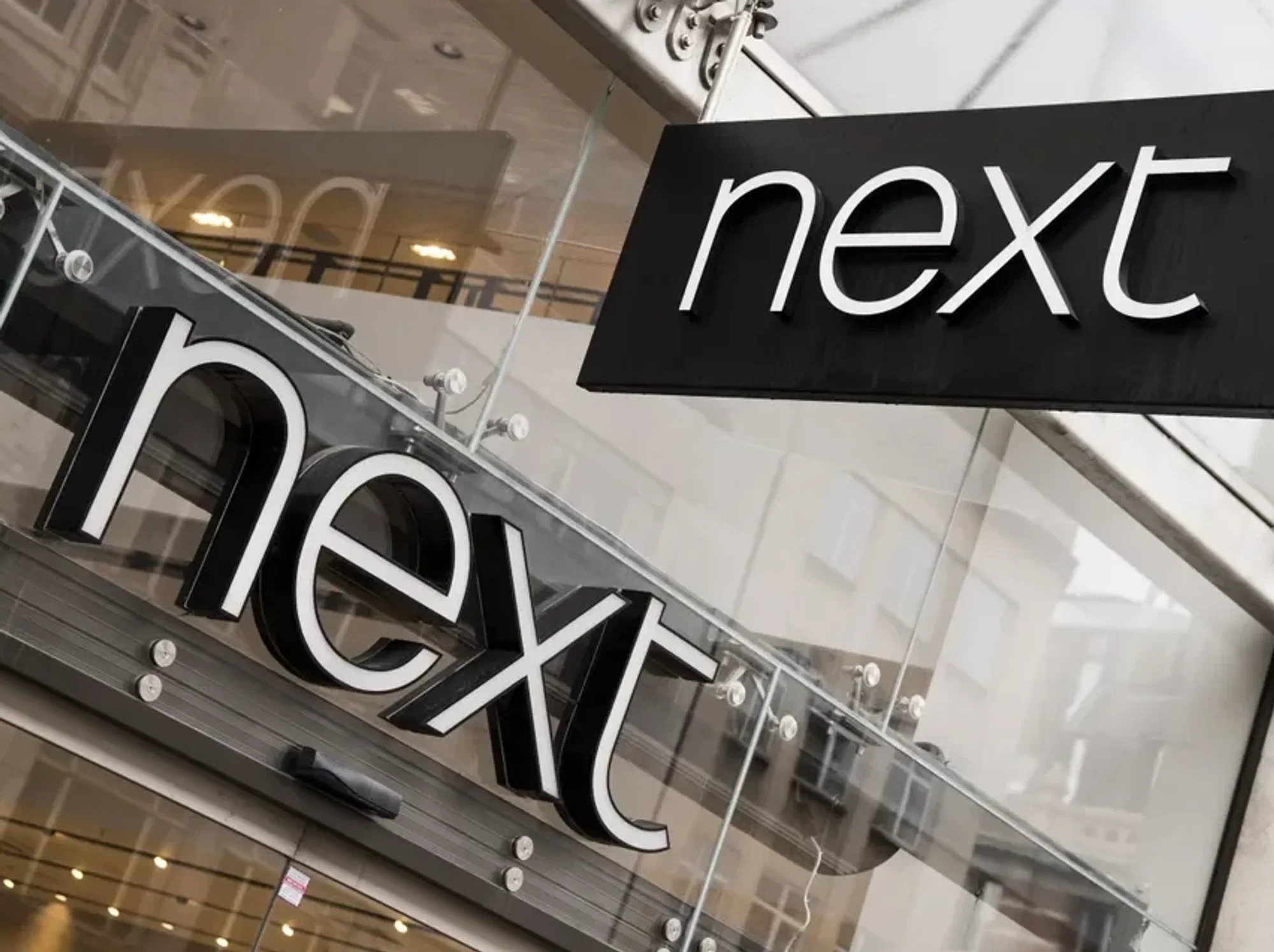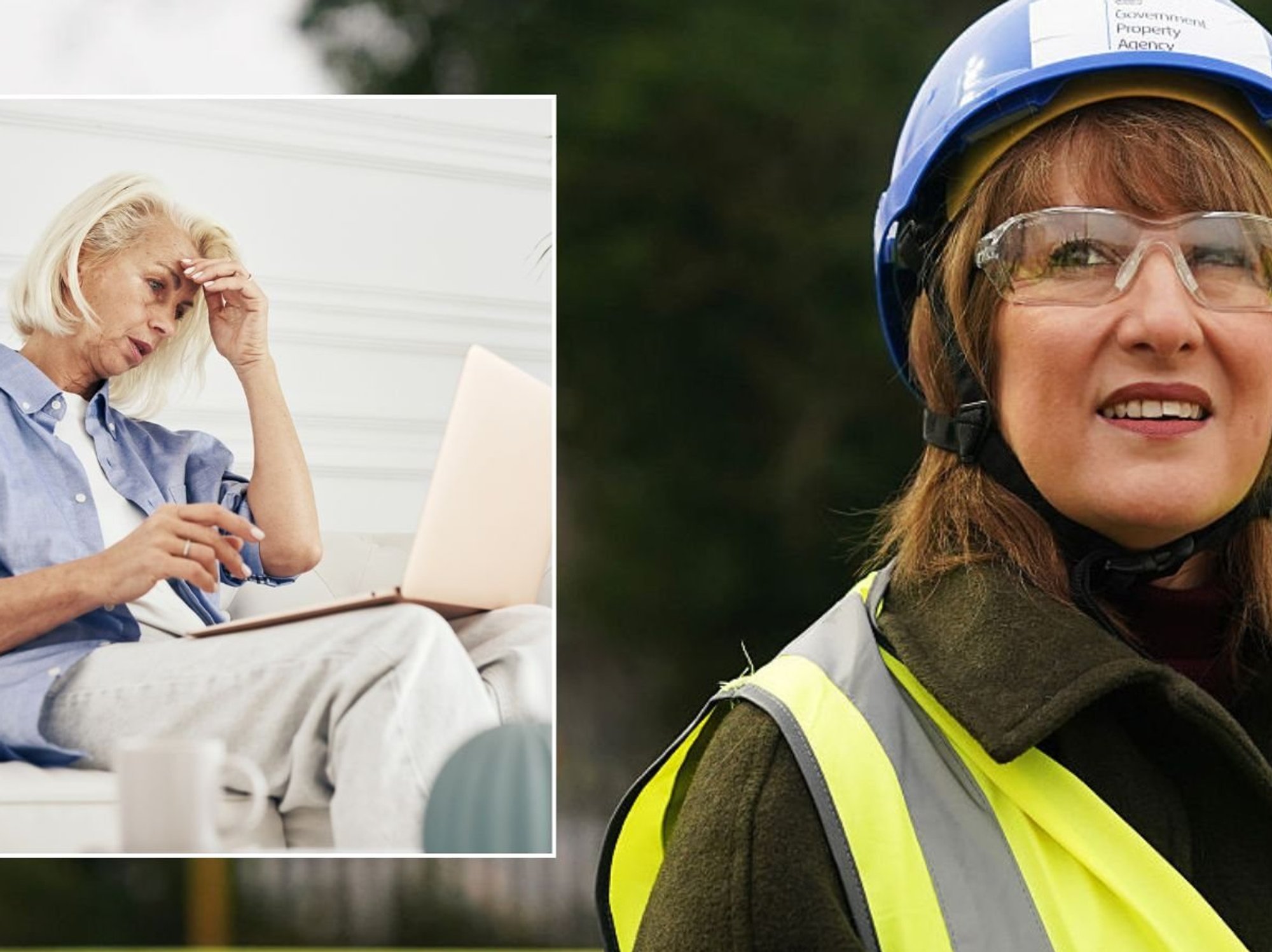BBC admits it is 'actively exploring' changes to the TV licence fee as pressure mounts to scrap it

The BBC has responded to growing public anger over the TV licence
Don't Miss
Most Read
Latest
The BBC has admitted it is "actively exploring" changes to the licence fee model as the number of households paying for it continues to fall sharply.
The comments follow weeks of public backlash against the forced nature of the licence fee, with a petition to scrap or convert it to a subscription-based model now gaining over 62,000 signatures.
In its latest annual report, the broadcaster revealed that 23.8 million TV licences were in force at the end of the year, down from 24.1 million in 2023–24.
The drop of 300,000 licences represents a £50 million revenue loss for the corporation.
The BBC faces a perfect storm of rising public dissatisfaction, political scrutiny, and fierce competition from on-demand services such as YouTube and Netflix, which have changed viewing habits across the UK.
As the petition continues to gain momentum, the BBC has acknowledged that it is "actively exploring" changes to the licence fee ahead of the 2027 review.
In a statement to the Daily Star, the broadcaster said: "There are almost 24 million TV Licences in force, the BBC reaches 94 per cent of UK adults each month, and is the UK’s top brand for media.
"The licence fee is in place until 2027, and we’re actively exploring all options to make our funding model fairer, more modern, and more sustainable while ensuring the BBC remains a universal service."
The BBC’s annual report confirmed that discussions between the Government and BBC leadership have already begun, focusing on the future of the broadcaster and its funding model as part of the charter renewal process.
The outcome of these talks will determine the BBC’s role and funding structure beyond 2027.
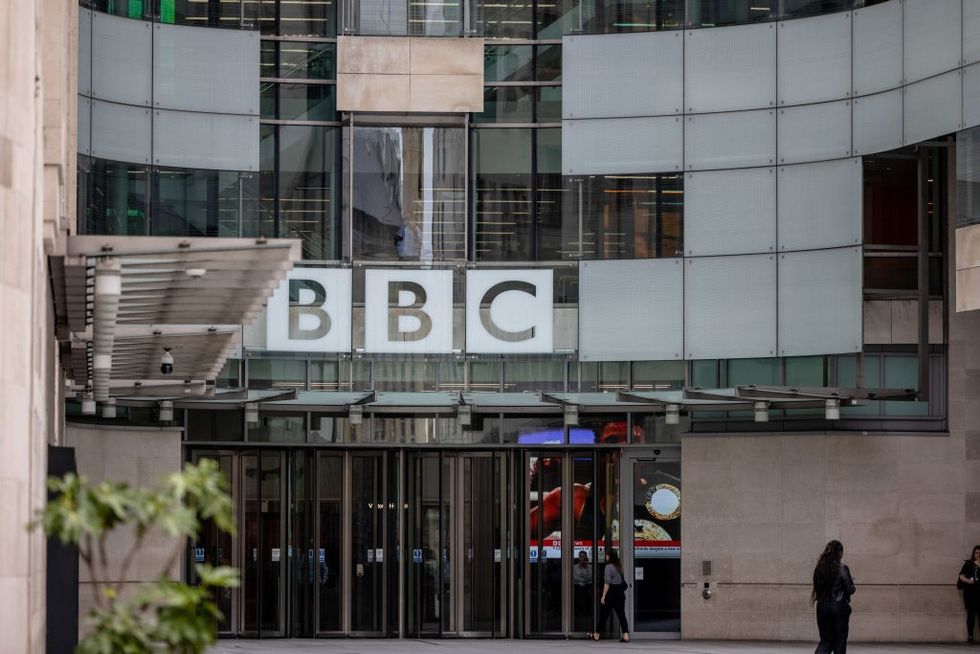
Calls grow to scrap the TV Licence
|GETTY
However, senior BBC figures have reportedly drawn red lines against shifting to a subscription or ad-funded model like many of its competitors.
The petition states: "There are a growing number of UK residents who feel that the compulsory nature of the licence fee is unfair, especially when they have no interest in the content provided by the BBC or find it objectionable..
"Why should we be forced to contribute financially to an organisation that doesn’t reflect our values or that we don’t wish to support?"
The broadcaster has also come under fire in recent months over a string of high-profile controversies - including Gregg Wallace’s misconduct hearing on MasterChef, the broadcast of Bob Vylan’s Glastonbury set, and continued criticism of its coverage of Gaza.
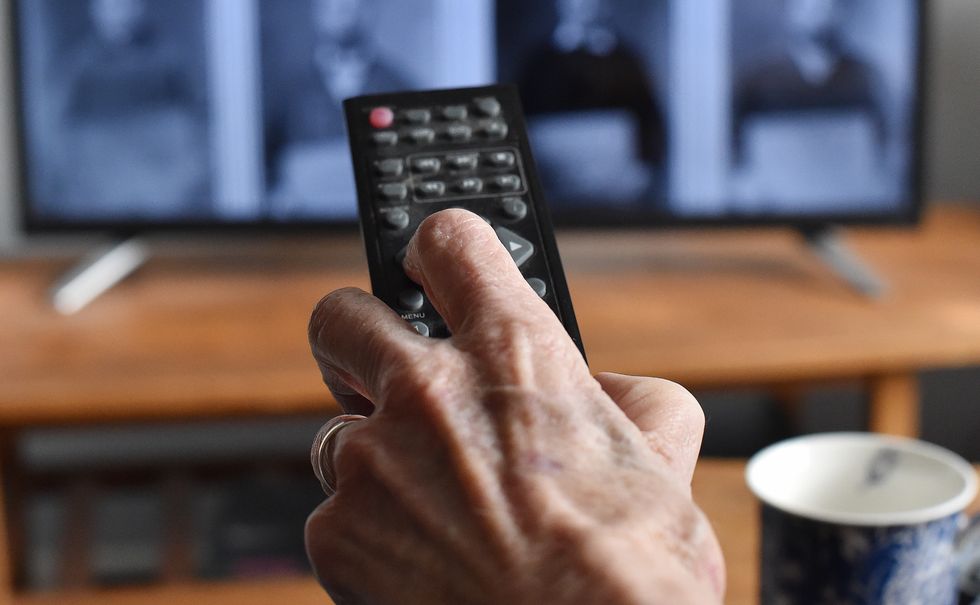
A standard BBC TV Licence costs £174.50 per year
| PABBC Chair Samir Shah acknowledged the scale of the challenge ahead, stating in the annual report: "The fight is on, and it is vital we now think very carefully about the kind of media environment we want for the UK."
He added that the broadcaster is now searching for "the best future funding model for the BBC."
The BBC has been working to bring in more money, with its commercial arm earning a record £2.16 billion last year. Much of this came from the success of BritBox, which lets viewers outside the UK watch BBC shows, and from licensing popular content like the Bluey children’s brand.
While many young people are turning away from traditional TV, the BBC says it’s still doing well with younger audiences compared to other traditional broadcasters.
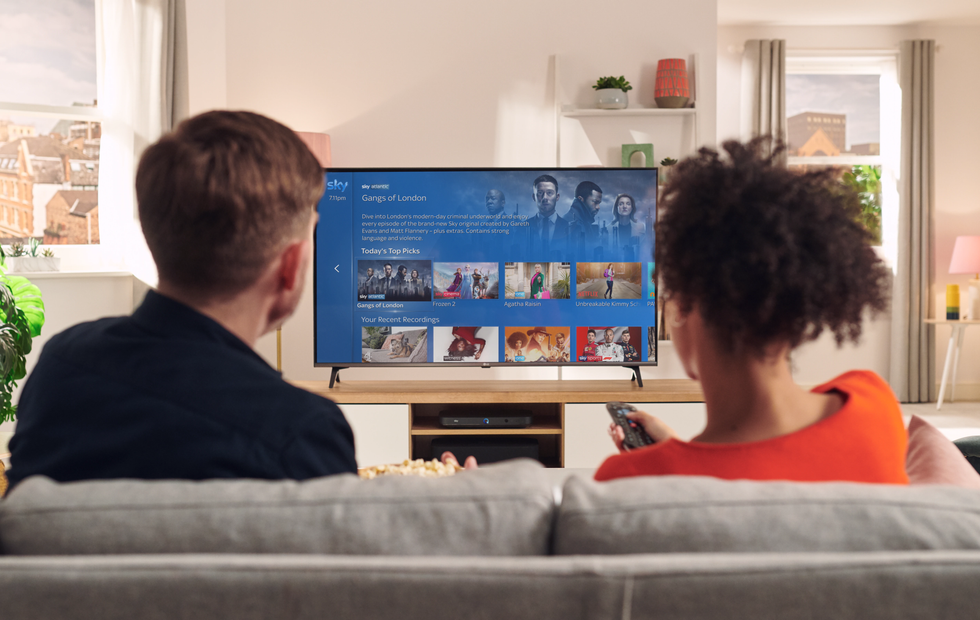
Despite younger audiences moving away from traditional TV, the BBC argued it was performing strongly among them compared with other traditional channels.
| SKY TV PRESS OFFICEFor children under 16, the BBC is second only to YouTube in terms of UK media use, performing about the same as Netflix and ahead of Disney. Among 16- to 34-year-olds, it also ranks just behind YouTube, and slightly ahead of Facebook and Instagram.
A standard BBC TV Licence costs £174.50 per year. This allows people to watch or record live TV programmes on any channel, including BBC channels, and to use BBC iPlayer on any device.
There are also some concessions available, such as a discount for people who are blind or severely sight impaired, and a free licence for those over 75 who also receive Pension Credit.
More From GB News


